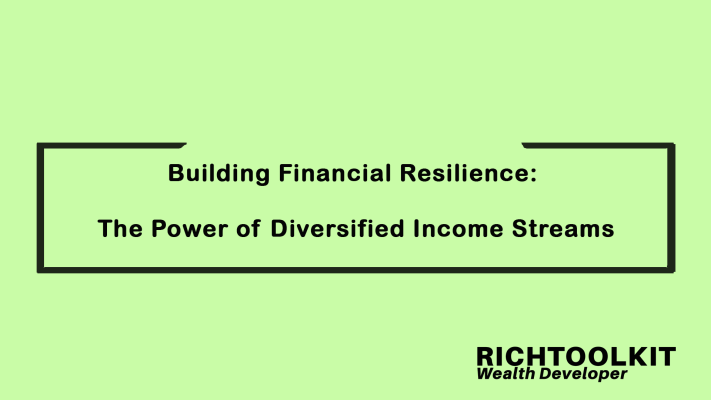Investment training, Business Consultant, Cash flow training, financial independence, Gaining wealth, Investor, Strategic planning
Types of investors

Author: Mohammad.Shams I Reading time: 3 minutes
Investors can be broadly categorized into different types based on their investment goals, risk tolerance, holding periods, and investment strategies.
Here are some common types of investors:
1. **Individual Retail Investors:**
– **Description:** These are individual investors who invest their personal funds in financial instruments such as stocks, bonds, mutual funds, and real estate.
– **Characteristics:** Typically, retail investors invest smaller amounts compared to institutional investors and often rely on financial advisors or online trading platforms.
2. **Institutional Investors:**
– **Description:** Institutional investors are large entities that pool funds to invest on behalf of a group. Examples include pension funds, mutual funds, insurance companies, and endowments.
– **Characteristics:** They manage substantial amounts of money and often have professional fund managers making investment decisions.
3. **High Net Worth Individuals (HNWIs):**
– **Description:** High net-worth individuals have significant financial assets, and they may have access to a wider range of investment opportunities and financial services.
– **Characteristics:** HNWIs often have diverse investment portfolios and may invest in alternative assets such as private equity, hedge funds, or venture capital.
4. **Angel Investors:**
– **Description:** Angel investors are individuals who provide capital for startups in exchange for ownership equity. They often mentor or advise the entrepreneurs they invest in.
– **Characteristics:** Angel investors play a crucial role in early-stage financing for startups, helping them grow and succeed.
5. **Venture Capitalists:**
– **Description:** Venture capitalists (VCs) manage funds from various sources to invest in high-potential startups and early-stage companies.
– **Characteristics:** VCs often take an active role in the companies they invest in, providing not just capital but also strategic guidance and support.
6. **Private Equity Investors:**
– **Description:** Private equity (PE) investors invest in private companies with the goal of acquiring a significant ownership stake. They aim to improve the performance of the companies and later exit for a profit.
– **Characteristics:** PE investors may focus on leveraged buyouts, growth capital, or distressed assets.
7. **Hedge Fund Investors:**
– **Description:** Hedge funds are pooled investment funds that use various strategies to generate returns for their investors. They may engage in both long and short positions.
– **Characteristics:** Hedge funds often target higher returns and may have more flexibility in their investment strategies compared to traditional investment funds.
8. **Mutual Fund Investors:**
– **Description:** Mutual funds pool money from multiple investors to invest in a diversified portfolio of stocks, bonds, or other securities.
– **Characteristics:** Mutual funds are managed by professional fund managers, and investors buy shares in the fund, gaining exposure to a diversified portfolio.
9. **Index Fund Investors:**
– **Description:** Index funds are a type of mutual fund or exchange-traded fund (ETF) that aims to replicate the performance of a specific market index.
– **Characteristics:** Index fund investors seek broad market exposure at lower costs, as these funds passively track the performance of an index.
10. **Real Estate Investors:**
– **Description:** Real estate investors invest in physical properties for rental income, capital appreciation, or development.
– **Characteristics:** Real estate investors may include individuals, institutional investors, or real estate investment trusts (REITs).
11. **Socially Responsible Investors (SRI):**
– **Description:** SRI investors consider environmental, social, and governance (ESG) factors in their investment decisions. They seek to align their investments with ethical or socially responsible principles.
– **Characteristics:** SRI investors prioritize investments that contribute positively to society and the environment.
12. **Day Traders:**
– **Description:** Day traders buy and sell financial instruments within the same trading day, aiming to profit from short-term price fluctuations.
– **Characteristics:** Day traders often use technical analysis, charts, and rapid trading strategies to capitalize on intraday market movements.
These categories are not mutually exclusive, and an investor may fall into multiple categories depending on their investment portfolio and strategies. Additionally, investor preferences and characteristics can change over time as financial goals and market conditions evolve.
Recommended for further reading:





